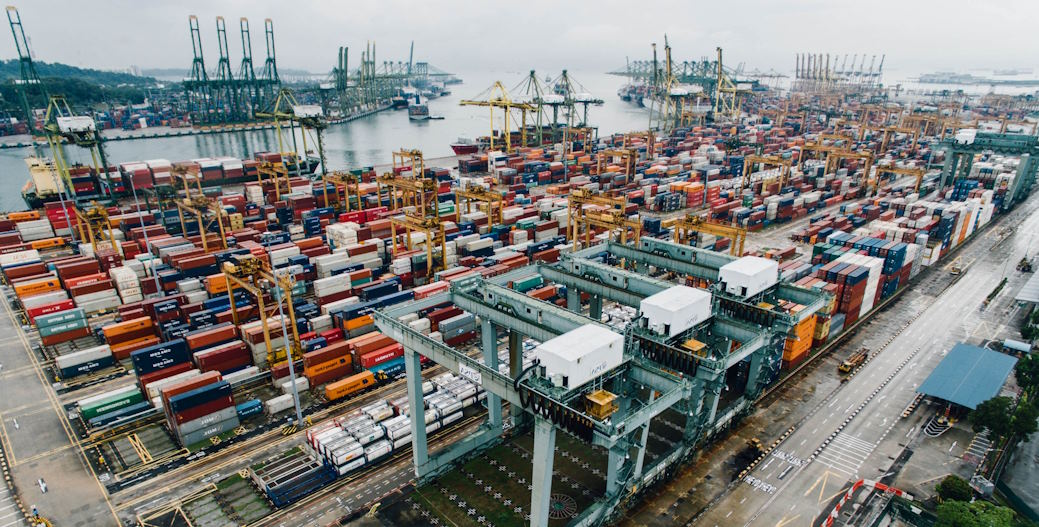
In a rapidly evolving global economic landscape, foreign direct investment (FDI) has become a linchpin in fostering economic ties and spurring growth between nations. The UK and India, separated by thousands of miles but united by shared values and ambitions, exemplify this phenomenon. From historical narratives that shaped their economic entanglement to the contemporary landscape of investments and innovations, we will explore how FDI serves as the cornerstone of a resilient partnership, fostering prosperity, innovation, and progress on both sides.
Benefits of FDI for India
Job Creation and Economic Growth:
Foreign Direct Investment (FDI) has emerged as a powerful catalyst for job creation and economic growth in India. When foreign companies invest in Indian ventures, they set up operations, hire local talent, and stimulate economic activity. This leads to a surge in employment opportunities across various sectors, from manufacturing to services. Additionally, the influx of capital and expertise boosts productivity, contributing significantly to India’s Gross Domestic Product (GDP) growth. FDI not only provides employment to millions but also fuels consumption and investment, creating a ripple effect of prosperity.

Technology Transfer and Skill Development:
FDI brings more than just capital; it brings technology, innovation, and knowledge sharing. Transfer money from UK to India by foreign investors often results in the introduction of cutting-edge technologies and best practices, thereby enabling Indian firms and workers to gain exposure to global standards. This knowledge transfer enhances the skill set of the Indian workforce, making them more competitive in the global market. As foreign companies collaborate with local talent, it fosters a culture of continuous learning and innovation, positioning India as a hub for talent and technology.
Enhanced Infrastructure and Industry Development:
The infusion of foreign capital through FDI plays a pivotal role in developing critical infrastructure and industries. Sectors like telecommunications, manufacturing, and renewable energy have witnessed tremendous growth due to FDI inflows. Improved infrastructure not only facilitates business operations but also augments the overall quality of life for citizens. It’s a win-win scenario as India benefits from modernized infrastructure, and foreign investors gain access to a vast and growing market.
Case Studies of Successful UK Investments in India:
Several UK-based companies have exemplified the positive impact of FDI in India. One notable example is the Tata Group’s collaboration with Jaguar Land Rover (JLR). After Tata Motors acquired JLR in 2008, the iconic British automaker saw a remarkable turnaround, with increased production, job retention, and global expansion. This not only secured thousands of jobs in the UK but also highlighted how FDI can rejuvenate established brands and contribute to the economies of both nations. Such success stories underscore the mutual benefits of UK-India FDI partnerships and demonstrate the potential for future growth and collaboration.

Challenges and Opportunities
Regulatory Hurdles and Bureaucratic Red Tape:
Navigating regulatory complexities and bureaucratic red tape can be a significant challenge for foreign investors in India. The country’s regulatory landscape, while improving, can still be intricate, leading to delays and uncertainties. However, these challenges are gradually receding as the Indian government has undertaken several reforms to ease the process. The introduction of initiatives like “Make in India” and “Startup India” demonstrates a commitment to simplifying regulations and fostering a more investor-friendly environment.
Competition from Other Countries Investing in India:
India is a coveted destination for FDI, attracting investors from around the globe. While this reflects India’s potential, it also means heightened competition. Other countries are vying for a piece of the Indian market, leading to increased pressure on investors to differentiate themselves. To overcome this challenge, UK investors can leverage their historical ties, expertise, and focus on sectors where they have a competitive advantage.
Strategies to Overcome Challenges and Maximize Opportunities:
To thrive in the Indian market, UK investors can adopt several strategies. First, building strong local partnerships can help navigate regulatory challenges and gain insights into the local business landscape. Second, staying attuned to market trends and consumer preferences is crucial for success. Third, actively participating in government initiatives and industry associations can provide a platform to influence policy changes and address concerns. Lastly, diversifying investments across sectors can mitigate risks associated with competition and market fluctuations. In this dynamic landscape, being agile and adaptable is key to capitalizing on the myriad opportunities that India offers while effectively managing the associated challenges.
